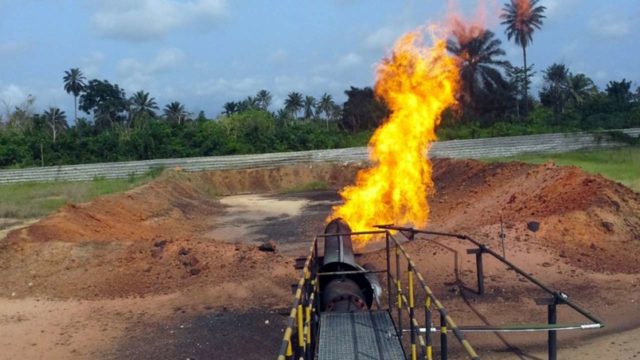In other to avert a major climate change catastrophe exacerbated by gas flares and spills, a coalition of civil society organisations (CSOs), including Corporate Accountability, Friends of The Earth International, Corporate Accountability and Public Participation Africa (CAPPA), ActionAid, Global Campaign to Demand Climate Justice and Third World Network (TWN), among others, recently organised a zoom training for African journalists. The experts advised that civil society, media and governments must scrutinise “net zero” announcements (as being vigorously promoted by Shell) to assess whether they are committing to real action.
The group said, “We must look beyond the slogans and expose attempts to use the term to obfuscate, distract or delay real emissions reductions. Strong scrutiny and pressure are needed to deliver the transformation necessary to bring emissions down to real zero and avoid climate chaos.”
“Planet Earth is already breaching so many environmental tipping points that more than 1.5°C of warming may be locked in within the next 10 years. To truly do the hard work needed to avoid runaway climate catastrophe, global North countries and transnational corporations (TNCs) must rapidly stop polluting, and bring their annual emissions down to nearly zero, or Real Zero, within a decade. Climate action for real zero requires deep reserves of courage to challenge the economic models, broken systems and corporate power that are at the root of the climate and biodiversity crises,” they said.
Responding to the Petroleum Industry Bill (PIB) as passed by the National Assembly, representatives of HOMEF, CAPPA, We The People and the Environmental Rights Action, Friends of the Earth Nigeria (ERA/FoEN), also carpeted the lawmakers for considering gas flaring as waste of economic resources, which should be paid for, and not as an abuse, which impacts the climate, the health and livelihoods of communities.
According to them, “The PIB does not place any definite flare-out date, giving the impression that the practice will continue indefinitely to the detriment of host communities, who continue to bear the dangerous consequences. The PIB does not appear to consider Nigeria’s climate change pledges as contained in the nation’s Nationally Determined Contributions (NDCs).
Other recommendations pushed forward include, “transforming energy systems away from centralised corporate-controlled fossil fuels and other harmful technologies such as, nuclear, mega-hydro and biofuels to clean, safe systems that empower people and enhance healthier communities.”

